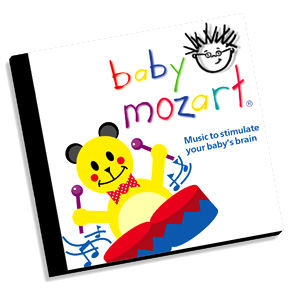Congratulations to Alice Munro.
 Congratulations to Alice Munro. What should I read by her?
Congratulations to Alice Munro. What should I read by her?You might guess from that question that I am not the world's heaviest lifter of "literary fiction," and am not even sure I know it when I see it. The New York Times recently reported on a study published in Science which purported to suggest that reading "literary fiction" upped a person's empathy quotient where reading "popular fiction" (and nonfiction) did not. It sounds fishy (these guys think so too).
The way the researchers chose their reading selections is betrayed by circularity (and the passive voice):
Difficulty in precisely quantifying literariness notwithstanding, some works are considered particularly good examples of literature and are recognized with prestigious awards (e.g., the National Book Award). Although selected through an inherently inexact process, prize-winning texts are more likely to embody general characteristics of literature than bestsellers of genre fiction (e.g. romance and adventure stories).
If I'm following that correctly, the difference between Literature and other books is that Literature is Literature. Even more problematic is the fact that the research subjects read from either literary (Chekhov, DeLillo, Erdrich*) or popular (Gillian Flynn, Heinlein, Pilcher) selections for a total of THREE TO FIVE MINUTES before having their empathy measured. What can that possibly tell you? (And how were the excerpts excerpted?) It's starting to sound like the Mozart Effect. Plus, isn't it possible that reading five minutes worth of arty DeLillo just might make someone a little more amenable to subsequently taking a Cosmo-like psychological test that might be marginally more fun and less boring? Whereas those drawn into Gone Girl might have been, like, hey, fuck ALL you people and gimme my book back. But I speculate.
While in children's books we also have a continuum between formula fiction and Octavian Nothing, I like to think we are far more nuanced about the differences and similarities--and about what book speaks to which reader when. Thankfully, we've been at this for a lot longer than five minutes.
*And I still maintain that The Round House, winner of the National Book Award and used in this research study, was more Erdrich's attempt to have a Jodi Picoult Moment than it was "literary fiction."
RELATED
RECOMMENDED
ALREADY A SUBSCRIBER? LOG IN
We are currently offering this content for free. Sign up now to activate your personal profile, where you can save articles for future viewing.








Add Comment :-
Comment Policy:
Comment should not be empty !!!
Heidi Ayarbe
Ha!! I LOVE your GONE GIRL take! GREAT article. I have this argument a lot with everybody. "Literary" is the cool stuff on the back of a cereal box. Whatever WORKS for you and makes you a nicer person works for me! :-)Posted : Oct 15, 2013 12:48
Lisa G
Hmmm... maybe start with "The Turkey Season," first published in the Dec. 29, 1980, New Yorker.Posted : Oct 12, 2013 06:55
Lynne Rae
Alice Munro isn't heavy lifting. She is just wonderful and satisfying. Read anything she wrote, anything at all.Posted : Oct 12, 2013 01:57
sarah louise
I've been told that "The love of a good woman" is a good place to start, by my friend who reads mostly literary fiction. I've found that reading doesn't make you a better person, it just makes you a more interesting person to other people who read books. xo, SLPosted : Oct 11, 2013 09:03